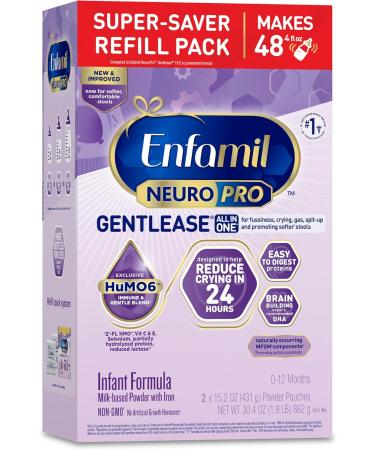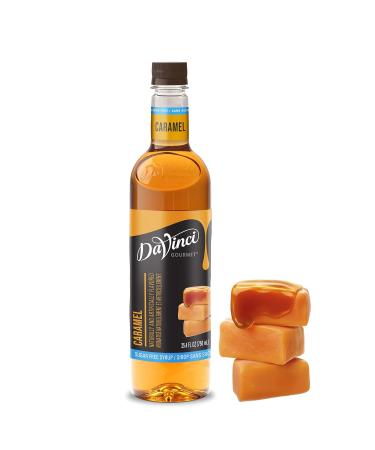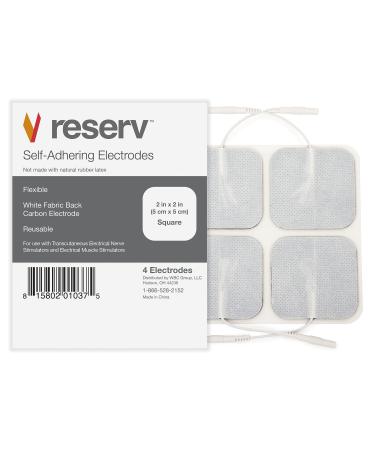Features:Bean Type: TypicaTasting Notes: Mixed Fruity, Milk Chocolate, Sweet LemonAroma (Smell): Floral, SweetBody: High, Full-FullGrowing Altitude: 1700m - 2200mHarvest Period: October - DecemberProcessing Process: Washed, Sun-DriedAcidity: Medium, Sweet Citrus
Taste: An initial, overshadowing flavors, fruit and chocolate flavors that become more pronounced as the sip spreads through the mouth, a sweet lemony aftertaste, a smooth finish, and a lingering, soft palate.Coffees grown in the Yirgacheffe region of Ethiopia hold a special place in the hearts of coffee lovers worldwide, eager to try three or four different regions types before returning.Yirgacheffe is a washed coffee. There are not many coffee washing stations in Ethiopia. Most production is carried out by dry processing. After the coffee cherries are dried, they are separated from the beans. Coffees processed with this method retain a small amount of fruit residue. These residues, called "honey," enhance the coffee's fruity flavors. When washed, the fruit is completely removed from the bean, leaving only the bean flavor.Establishing a washing station is a very costly investment for the Ethiopian economy. But before cost, water is needed for washing, and we're talking about Ethiopia. This information has become ingrained in our minds, as it's one of the countries where drought and water scarcity are at their worst. Coffees are graded from 1 to 9 based on size consistency, quality, defect content, and variety. Grade 1 and 2 coffees, which are more valuable for washing processing, are preferred. The Yirgacheffe region produces mostly Grade 2 and above coffees, and the majority of the product is processed by washing.Detailed InformationThe Ethiopian state has undergone numerous changes over the last 40 years. Various systems have been implemented, from militaristic Marxist ideology to a federal system. Each of these systems has ended in popular discontent, rebellion, and political turmoil. From 1998 to 2000, Ethiopia went to war with Eritrea. This war resulted in numerous deaths and widespread misery. It also restricted access to land and created an economic downturn. For a country with a low economic status like Ethiopia, the cost of this war reached billions of dollars.Amidst the turbulent political and economic climate, coffee cultivation in Ethiopia also suffered. In 2003, the price of coffee plummeted to an unprecedented level. It reached a point where it no longer covered the cost of production, and as a result, many farmers abandoned their crops. They faced a very difficult time, unable to afford repairs to their homes, clothing, or education for their children. Many farmers were forced to migrate from their farms to the cities.Despite all these conditions and challenges, coffee remains Ethiopia's largest export. The popularity of specialty coffee production and the fertility of these lands, the homeland of coffee, continue to benefit the country's economy. Yirgacheffe coffee has a distinctive flavor. While harvest periods, lots, and harvest stations vary, the main characteristics are balanced acidity, fruity flavors, and sweet lemon. It offers highly acclaimed results in both cold and hot brews.How to Drink Brewing MethodEthiopia Yirgacheffe can be brewed both hot and cold. For hot brewing, we primarily recommend filtered methods. A filter coffee machine, a V60 type pour-over brewer, a Chemex, and an AeroPress are our top recommendations. For cold brewing, you can achieve very successful results with both Cold Brew and Cold Drip.Who Should Choose It?Because it originates from the homeland of coffee and represents a general image of that region, we recommend all coffee lovers give it a try at least once. If you appreciate fruity flavors, a floral aroma, and a smooth taste, you'll enjoy it immensely.Who Is It Not Suitable For?If you prefer classic espresso flavors, it may not be for you. However, if you're looking for something new in your espresso, if you're open to fruity flavors, and if you like to take a small sip and let it flow over your palate, you should definitely give Yirgacheffe beans a try.













